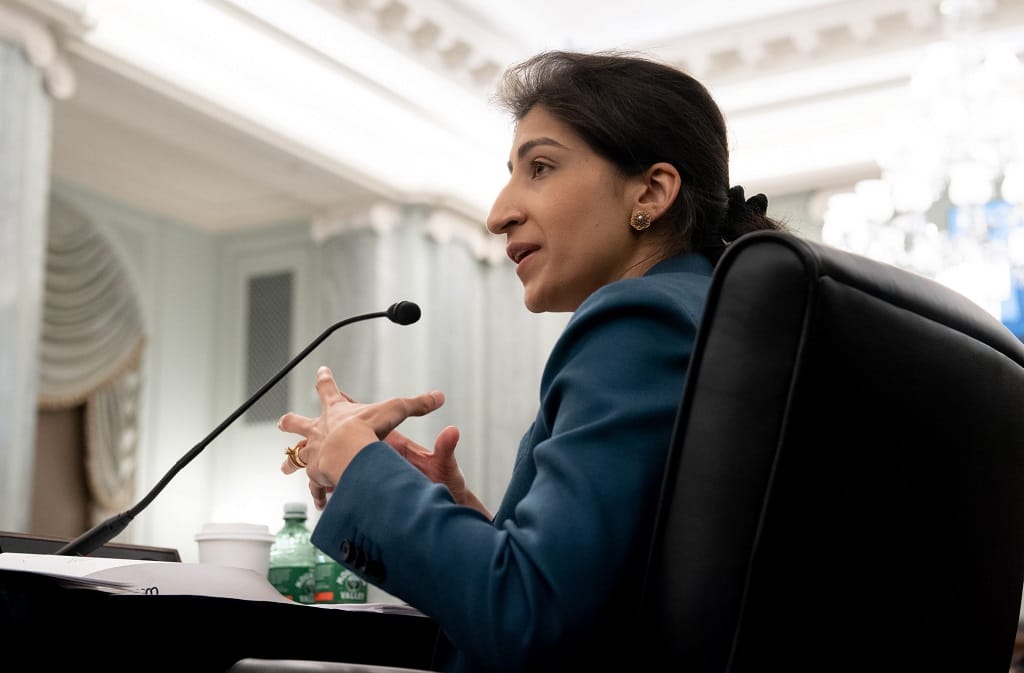FTC Approves Policy Statement on Guiding Review of Children’s Online Protection
The policy statement provides the guiding principles for which the FTC will review the collection and use of children’s data online.
Riley Haight

WASHINGTON, May 23, 2022 – The Federal Trade Commission last week unanimously approved a policy statement guiding how it will enforce the collection and use of children’s online data gathered by education technology companies.
The policy statement outlines four provisions in the Children’s Online Privacy Protection Act, including ones related to limiting the amount of data collected for children’s access to educational tools; restricting types of data collected and requiring reasons for why they are being collected; prohibiting ed tech companies from holding on to data for speculative purposes; and prohibiting the use of the data for targeted advertising purposes.
“Today’s statement underscores how the protections of the COPPA rule ensure children can do their schoolwork without having to surrender to commercial surveillance practices,” said FTC Chairwoman Lina Khan at an open meeting on Thursday.
Commissioner Rebecca Slaughter added Thursday that although COPPA provides the strongest data minimization rule in US law, it’s enforcement may not be as strong, saying that “this policy statement is timely and necessary.”
Slaughter, who was the acting FTC chairwoman before Khan was approved to lead the agency, said last year that the commission was taking an all-hands-on-deck approach to tackling privacy and data collection practices of ed tech companies, which has seen a boom in interest since the start of the pandemic.
Thursday’s statement comes after lawmakers have clamored for big technology companies to do more to prevent the unnecessary collection of children’s data online. It also comes after President Joe Biden said in his State of the Union address earlier this year that companies must be held accountable for the “national experiment they’re conducting on our children for profit.”
Lawmakers have already pushed legislation that would reform COPPA – originally published in 1998 to limit the amount of information that operators could collect from children without parental consent – to raise the age for online protections for children.
Thursday’s FTC statement also seeks to scrutinize unwarranted surveillance practices in education technology, such as geographic locating or data profiling. Khan added that though endless tracking and expansive use of data have become increasingly common practices, companies cannot extend these practices into schools.
Review is nothing new
“Today’s policy statement is nothing particularly new,” said Commissioner Noah Phillips, saying that the review started in July 2019.
Commissioner Christine Wilson, while supporting the statement, was also more withdrawn about its impact. “I am concerned that issuing policy statements gives the illusion of taking action, especially when these policy statements break no new ground.”









Member discussion